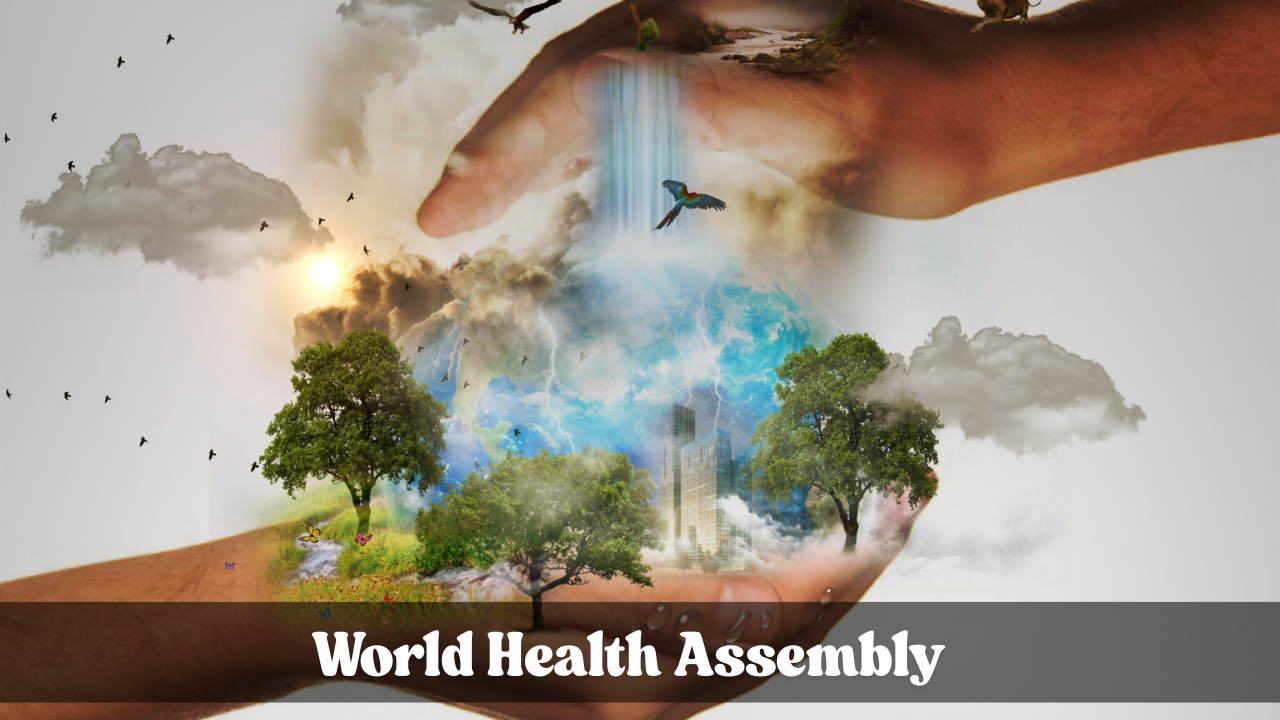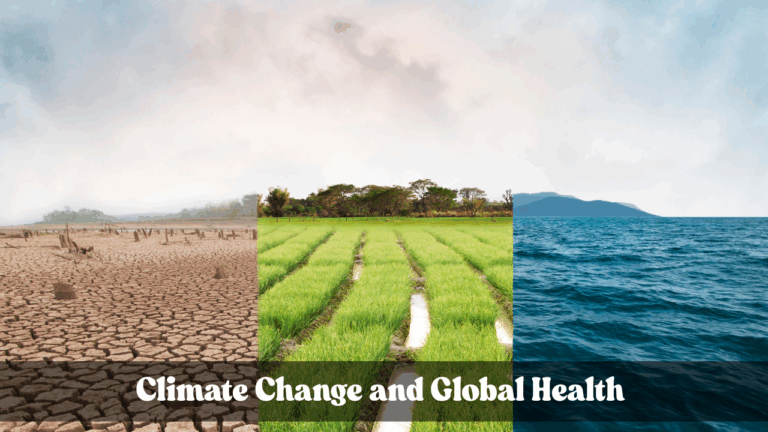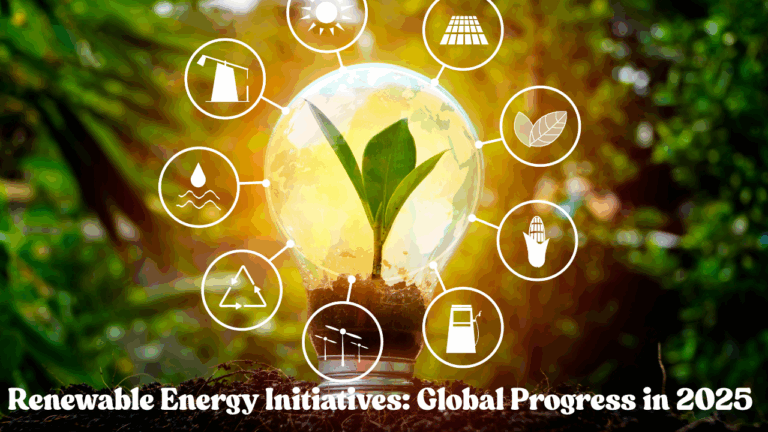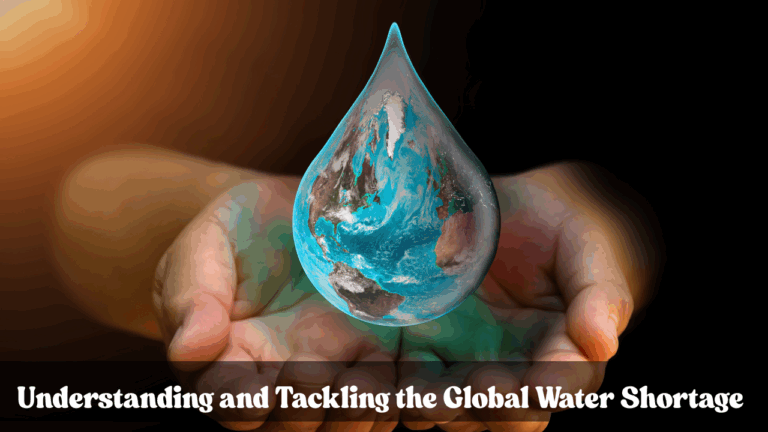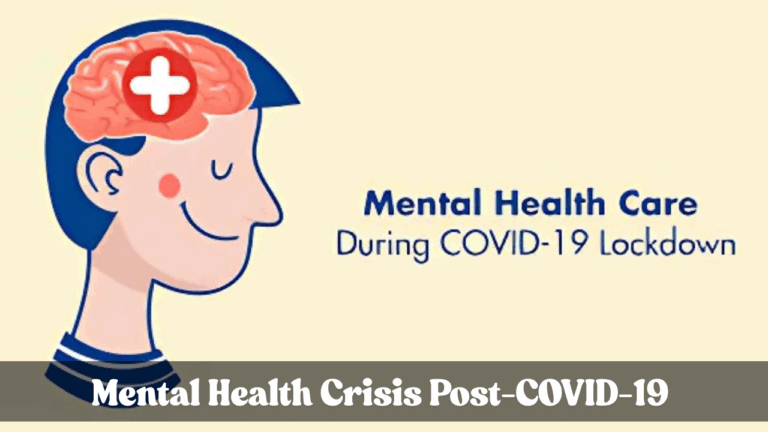World Health Assembly 2025: What India Needs to Know
The World Health Assembly (WHA) is one of the most important events in global health. Every year, health leaders from countries around the world come together to discuss challenges and solutions to improve public health. The 78th World Health Assembly is being held in Geneva from May 19 to May 27, 2025. This year’s meeting is especially significant because it addresses important issues like funding problems for the World Health Organization (WHO), a new global pandemic agreement, and the growing impact of climate change on health.
For India, which has a large and diverse population, the outcomes of this assembly are particularly important. This article explains the key points of WHA 2025 in simple terms and why Indian citizens and policymakers should pay attention.
Major Challenges Discussed at WHA 2025
Funding Crisis for WHO
The World Health Organization is currently facing a serious financial challenge. The organisation needs about $1.7 billion more to run its programs smoothly this year. One major reason for this shortfall is the withdrawal of the United States from the WHO funding, which has historically been one of the largest contributors.
Because of this funding gap, WHO has had to reduce some of its activities, including closing certain offices and reducing staff, especially in high-income countries. This situation affects India and many other countries because WHO provides support for a wide range of health programs, including efforts to control infectious diseases like tuberculosis, malaria, and polio.
India depends on WHO for technical guidance, funding support, and training for healthcare workers. If WHO’s capacity is reduced, India’s ability to manage certain health programs may be affected. This could slow down progress in areas such as vaccination campaigns and disease surveillance.
New Global Pandemic Preparedness Agreement
One of the most talked-about issues at the WHA this year is the proposed pandemic preparedness treaty. The COVID-19 pandemic showed the world how important it is to be ready for health emergencies. The new agreement aims to ensure that countries work together better when a new disease outbreak happens.
The main goals of this treaty include sharing vaccines and medical supplies fairly among countries, improving communication during emergencies, and building stronger health systems worldwide. The idea is to avoid the delays and inequalities that were seen during the COVID-19 pandemic.
However, not all countries have agreed on every part of this treaty yet. For example, the United States has not joined the agreement, which raises questions about how effective it will be. Still, India’s involvement in this treaty could help it gain better access to vaccines and treatments in future health crises.
Addressing Healthcare Workforce and Climate Change
The assembly is also focusing on two other important issues: the shortage of healthcare workers and the health impacts of climate change.
Many countries, including India, are facing a shortage of trained doctors, nurses, and other healthcare professionals. This shortage makes it difficult to provide quality care, especially in rural and remote areas. WHA 2025 is looking at ways to train more health workers and keep them motivated to serve in all parts of the country.
Climate change is increasingly affecting human health. Rising temperatures, extreme weather events, and changes in rainfall patterns are leading to more heat-related illnesses, respiratory problems, and the spread of diseases carried by mosquitoes and other insects. India has seen a rise in heatwaves and vector-borne diseases like dengue and malaria in recent years. The WHA discussions aim to help countries prepare health systems to face these new challenges better.
What These Discussions Mean for India?
India is one of the world’s most populous countries and faces many health challenges. The decisions and agreements made at the World Health Assembly have direct and indirect effects on India’s health system and the wellbeing of its people.
Impact of Funding Issues
India has benefited from WHO programs for many years, especially in disease control, vaccination, and emergency response. The current financial crisis at WHO means that India could see reduced support in some of these areas. This could slow down efforts to eliminate diseases like tuberculosis or limit India’s capacity to respond quickly to outbreaks.
On the other hand, India is also a major contributor to global health efforts and has been strengthening its own healthcare infrastructure. The funding challenge highlights the need for India to invest more in its health system and reduce dependence on external support.
Benefits of the Pandemic Treaty
If India actively participates in the new pandemic preparedness treaty, it could gain better access to vaccines, medicines, and diagnostic tools during future outbreaks. This treaty also encourages sharing of scientific knowledge and coordinated responses, which can help India detect and contain health threats more quickly.
Moreover, being part of this global agreement could improve India’s reputation in international health forums and open opportunities for collaboration and funding.
Preparing for Climate-Related Health Issues
The WHA’s focus on climate change and health underscores the importance of addressing environmental factors that affect health in India. The country must prepare its healthcare system to handle increased cases of heatstroke, respiratory problems, and vector-borne diseases caused by climate change.
Investing in climate-resilient healthcare infrastructure and increasing public awareness are key steps India can take to reduce these risks. The discussions at WHA 2025 provide valuable guidance and encourage international cooperation on these issues.
What Should Indians Keep in Mind?
The World Health Assembly is not just for experts and policymakers. Its decisions affect everyday lives by shaping how diseases are controlled, how emergencies are handled, and how health systems develop. Here are a few things for Indians to remember:
- Global cooperation is crucial for fighting diseases that do not respect borders.
- Stronger healthcare systems mean better services for all, especially in rural areas.
- Preparing for future pandemics will help India protect its people more effectively.
- Climate change is a health threat that needs urgent attention.
For ongoing coverage of such important global and national health topics, readers can follow First Post, which regularly updates news and insights about the World Health Assembly and other related events.
Conclusion
The 78th World Health Assembly presents both challenges and opportunities for India. The funding crisis at WHO requires careful planning and increased domestic investment in health. The new pandemic preparedness treaty offers hope for better future responses to health emergencies. And the focus on climate change reminds India of the urgent need to protect its people from environmental health risks.
By staying informed and engaged with global health developments, India can continue to improve its healthcare system and better safeguard the health of its population.
For detailed updates and expert analysis on this and other global health news, visit First Post.
Stay connected with First Post to learn more about how international decisions affect health and wellbeing in India and around the world.

